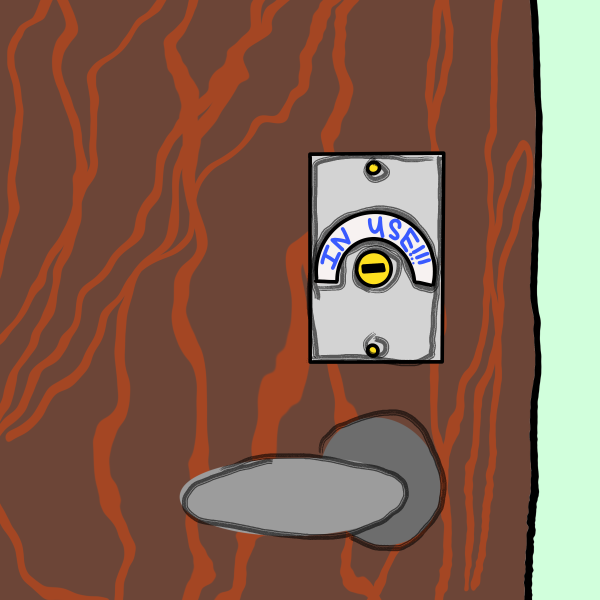No time, no help, no relief
September 25, 2019
One of the main components of the Hamline application is the personal essay. In this personal essay, Hamline encourages prospective students to write about how they beat the odds to focus on their education and achieve academically.
I wrote about how I “overcame” my Cerebral Palsy and mental illnesses to follow my dreams through hard work and perseverance. I was so excited when I got in.
A couple weeks before my fall orientation, I went to speak with Disability Services to discuss what accommodations I would need to succeed in college. After we got the normal accommodations out of the way, my mom brought up my mental health needs and questioned what resources Hamline can provide me in the case of a particularly rough day or a panic attack.
We were directed to Counseling and Health Services where the help we got left a lot to be desired. We found out that they don’t give out medication to students like the nurse’s office at my high school, and I would be ignored or even kicked out of the office in the case of me having a panic attack and needing a place to cool off. We left disappointed and confused.
When I started at Hamline, I heard rumors left and right about Counseling and Health Services and their sub-par help for students with mental health issues. Since a year ago, I’ve heard that the office offers ten hours of individual therapy sessions per year per student. We are highly encouraged to use them countless times. I thought of using the services myself, but decided not to because I already have a healthy relationship with my therapist off-campus who takes my insurance.
I’m glad at my decision because I’ve heard nothing but negative things about students with less than satisfactory service. One big problem is the hours of operation. It’s closed every day from noon to one, and noon to three every Wednesday.
Those three hours during lunch and convo hour are when students are usually less busy. Students could probably make those times fit their schedules better than 9 a.m. to 12 p.m. or 3 p.m. to 4:30 p.m. slots. Classes seem to be a bit more sparse around convo hour, and I can imagine how much easier that time would be for students if appointments were available.
Another problem is that Counseling and Health doesn’t do first appointments in the 8 a.m. slot. This is a problem because a lot of students start their day at 9 a.m. and are busy until 4:30 p.m. when they close for the day.
Whether they intend to or not, Counseling and Health services are reaffirming the urban taboo of weakness for receiving help for mental health. It sends students the message that the university doesn’t care about their students’ mental wellbeing. As long as we get our homework done and show up to our classes with smiles on our faces (it doesn’t matter how fake or filled with exhaustion or stress the smiles are) everything is okay.
Well, everything is not okay. College is one of the most stressful times in a person’s life and we need support through it.
Finding off campus support is also difficult for several different reasons such as transportation, health insurance and the cost of going to therapy and, of course, time. For a lot of students, on campus support is the best and only option.
Even if a person doesn’t have a chronic mental illness, they can still struggle with mental health issues such as stress from school and work or even burnout. What we still need to learn as a society is it’s okay and even normal to suffer from mental health issues. One of the first steps to doing that is having adequate mental health care.
Mental health care is health care, and we as students deserve better.





